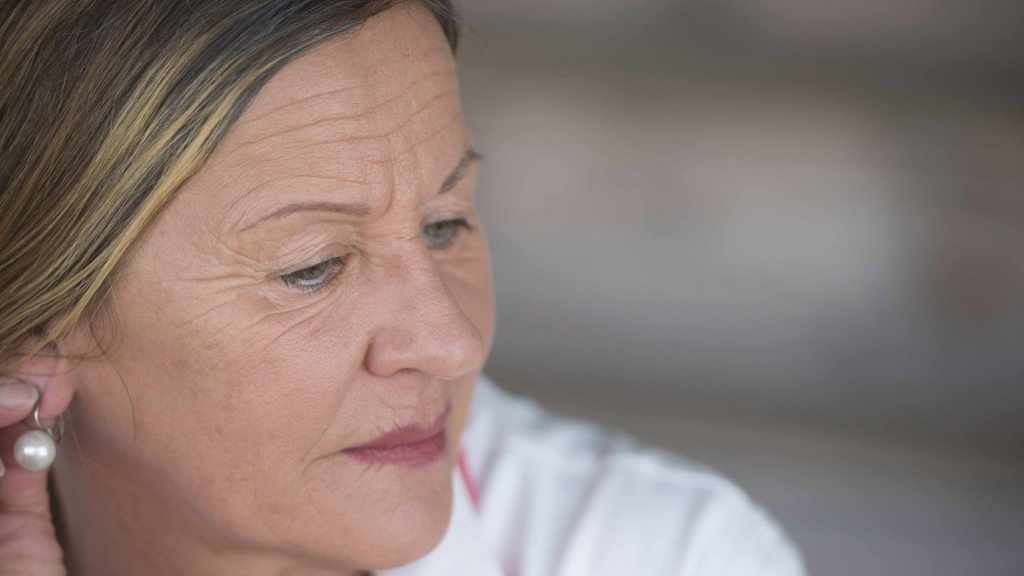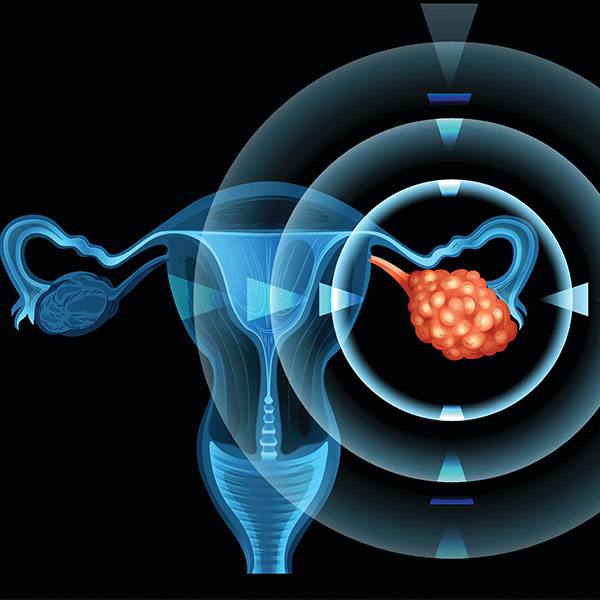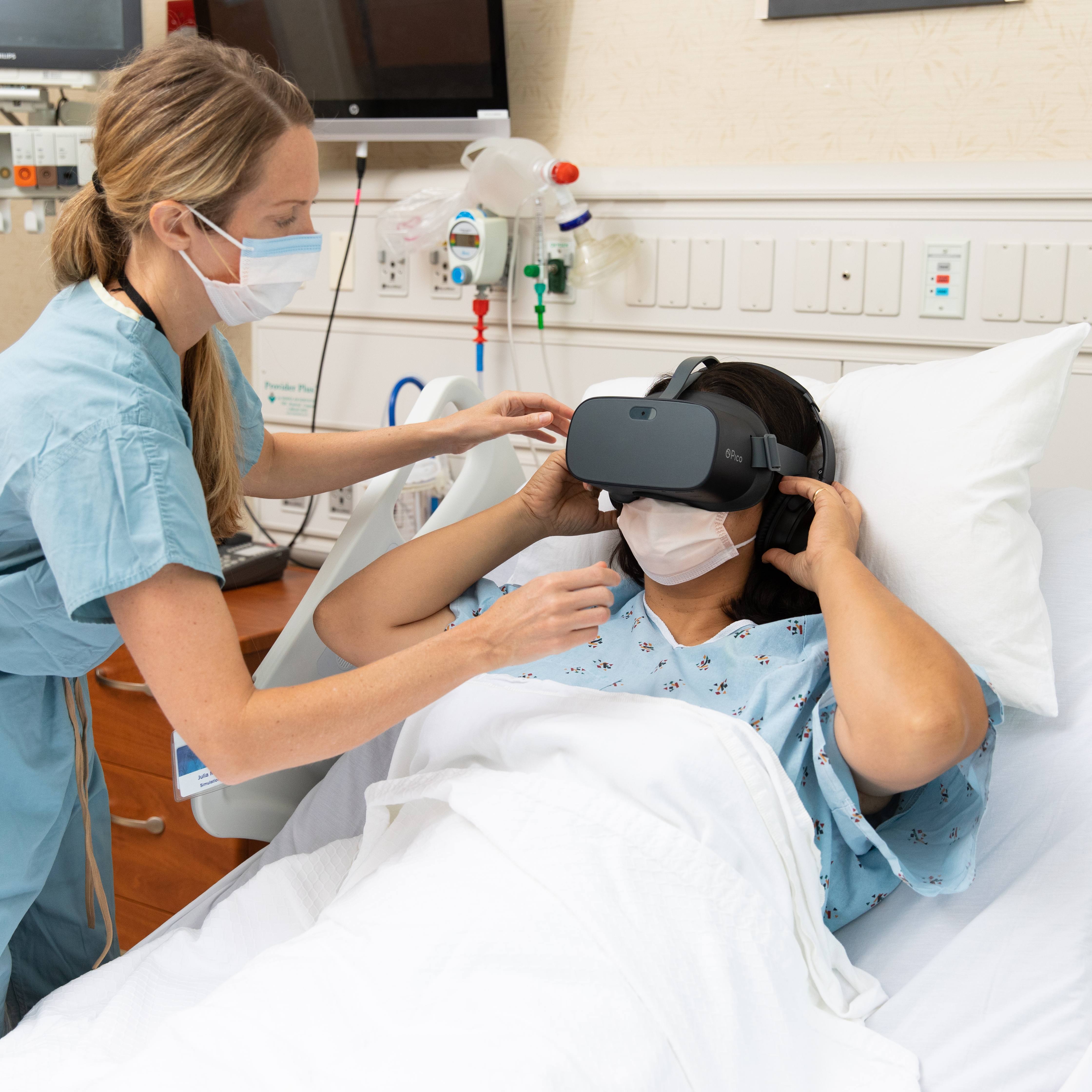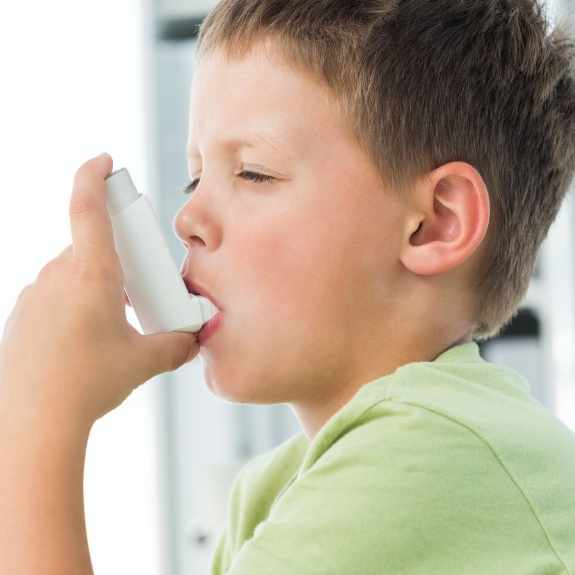-
VIDEO: Researchers find caregiving worsens menopause symptoms
In a first-of-its-kind study, Mayo Clinic researchers found that women 45–60 years old who are managing family caregiving and menopause face nearly double the risk of moderate to severe menopause symptoms. Women in the sandwich generation are especially affected. The sandwich generation is a term used for people who often juggle caring for both children and aging adults, balancing responsibilities like feeding, cleaning and medical care.
Dr. Ekta Kapoor, a co-investigator of the study, says women providing 15 or more hours of care per week are especially affected, with half of them experiencing moderate or worse symptoms. She says more menopause conversations are crucial to help women understand and navigate this life transition.
Journalists: Broadcast-quality video pkg (1:32) is in the downloads at the end of the post. Please courtesy: "Mayo Clinic News Network." Read the script.
Most caregivers are women, and a majority of them are in their late 40s and early 50s — the same time frame during which menopause happens for most women.
How do they intersect? That's what Dr. Kapoor and her colleagues wanted to find out.
"It can take a toll on their physical health. It can take a toll on their mental health. And the same can be said about menopause symptoms also, which can significantly impact the quality of life in some women," she says.

Symptoms
Menopause symptoms are divided into three domains.
"You have somatic symptoms, like hot flashes, night sweats, joint pains, fatigue and heart palpitations, etc. Then, the psychological domain has mood problems, anxiety. And the urogenital has vaginal dryness and urinary symptoms," says Dr. Kapoor.
Two findings from the study particularly stood out.
"Menopause symptoms across all domains, and not just the psychological domain, were affected, which was a surprise, No. 1. No. 2, when we tried to adjust for stress and the overall mental health of the women, this association between caregiving and menopause symptom burden persisted," says Dr. Kapoor.
The research, she says, emphasizes the need for better support for caregivers going through menopause and for better education of caregivers and their healthcare professionals regarding treatment options for menopause symptoms.
Review the study for a complete list of authors, disclosures and funding.
Related posts:
- 8 common health conditions midlife women face
- Managing menopause symptoms
- Mayo Clinic Minute: Perimenopause and menopause
- Mayo Clinic study puts price tag on cost of menopause symptoms for women in the workplace







